If you’re into healthy foods, chances are you’re looking for (or have found) a source of high-quality meat. If not, you should! What is high quality meat? Where do you find it? And why does it really matter?
First, if you haven’t seen the movie Food, Inc., you simply must. There’s so much information in it that I can’t and won’t repeat here that you need to know. The meat that is produced in large farming operations and sold in regular grocery stores is not the same as meat from small farms or found in health food stores. However, even in some health food stores you have to be careful, because you may not fully know your source.
What is healthy meat?
- Fed its natural diet, not supplemented with GMO grains or bakery waste
- Not fed animal by products
- Allowed free access to the outdoors, spending most of its time outside
- Not supplemented with hormones or antibiotics
- Slaughtered humanely at the appropriate time
- Not processed by dipping in chlorine or other chemicals
- Does not contain nitrites or nitrates or any “mechanically separated” meat
Meat found in regular grocery stores breaks all of these rules. Those animals are packed into massive barns with very little room to move. They’re called Concentrated Animal Feeding Operations, or CAFOs. They are fed primarily grain (corn and soy), and most of it is GMO. They’re also fed animal by-products (chickens are fed dead chicken parts…), bakery waste (old cookies, cakes, even corn chips and gum).
In addition, they are loaded up on hormones to grow faster and antibiotics because this environment makes them sick. Once slaughtered they’re washed in chlorine or ammonia to kill bacteria. Some processed meat products contain “mechanically separated” meat and nitrites and other chemicals to “cure” it.
Do you want to eat that?
I don’t. Because whatever that animal consumed is what it is made of. Those chemicals — including the antibiotics and hormones — will make it into the meat you are consuming, and thus make it into your body. (It’s also in the cow’s milk from the stores.) It’s one of the reasons scientists think that children are entering puberty so young — the onslaught of extra hormones.
How do you find high-quality meat?
Most meat at health food stores is pretty good. I say that because if it’s not certified organic, it could still contain some antibiotics or hormones, though it’s a lot less likely. Even if it is certified organic, they are only required to have the animals out on pasture about 30% of the time, and they can supplement the animals’ diets with corn and soy (non-GMO). Grass-fed beef may have been “mostly grass-fed” but finished on grain to get fat quickly for slaughter. It’s not ideal, but it’s several steps better. You can read more about organic standards in this post.
The best source is a farmer’s market or directly from a farm, where you can talk to the person who raises your meat. It doesn’t need to be certified organic if you get satisfactory answers to your questions. Find a farm near you by searching Eat Wild.
Here is what to ask:
- Do you use antibiotics with your animals? (Best answer — never. Good answer — yes, if needed, but they don’t make it to slaughter until at least 6 weeks after the last dose. Bad answer — yes.)
- Do you use hormones in your animals? (Best answer — never. Bad answer — yes.)
- What do you feed your cows? (Best answer — grass only, with hay or alfalfa in the winter. Good answer — mostly grass, with the occasional non-GMO grain. Bad answer — mostly grain, lots of it non-organic and GMO, bakery waste.)
- What do you feed your chickens? (Best answer — worms and bugs, non-GMO grain. Good answer — Mostly non-GMO grain. Bad answer — Only grain, mostly GMO, and chicken by-products.)
- Do your animals have access to the outdoors? (Best answer — All the time, except in inclement weather. Good answer — yes, most days, at least for a few hours. Bad answer — No, they mostly stay inside/are in cages.)
- Do your finished meats go through ammonia processing or other chemicals baths? (Best answer — no, never, they don’t need it. Bad answer — yes, it’s necessary for safety.)
- Do your meats contain nitrates or nitrites? (Best answer — no, none of them. Good answer — only bacon/smoked meats, but you can request them without. Bad answer — yes, they are necessary.)
- Can I have a tour of your farm? (Best answer — yes, of course. Good answer — yes, but you’ll need to make an appointment. Bad answer — no.)
When asking questions, really listen to the farmer’s answers. Most farmers who follow organic methods are very proud, and will be willing to answer any and all questions you may have, show you their operations, and discuss in details exactly what they do and why. They should be more than willing to take you on a tour. Many even like to receive feedback from you, like for new products you want them to carry (like chicken feet or lard), farm pick up options, etc.
If the farmer does not want to answer questions, or gets defensive about conventional practices, do not do business with them. I once emailed a farm to ask if they sprayed their crops — and got back an answer that not only did they, but that spraying was “absolutely necessary” and all these organic farms out there are ruining everything. I refused to give them my business even if they were local. Any farmer who gets so defensive about a simple question should be avoided, because they probably have something to hide, and are definitely using conventional practices.
Taste and Cooking
Be aware, the taste of good meat is different than store-bought meat, and it does cook differently, too. It’s not going to be exactly the same every time, either. With commercial meats, especially ground meats, bits from many different animals from all over the country are mixed all together to create a homogenous, graded meat that is the same every time (fat content, taste, etc.) That’s really dangerous if one of the animals happens to be contaminated because a ton of the meat all over the country can be affected. But with small farm buying, typically you are getting meat from just one animal at once, and the meat can vary based on the animal’s breed, size, age, etc.
Grass-fed meat also tastes more “gamey” (some say) than corn-fed meat does. It is definitely different. But most find it preferable. It is usually naturally lower in fat, so it needs gentler cooking methods. Stanley Fishman has written an excellent book all about how to cook grass-fed meat, which is a very good starting place. He also has a blog (linked above). Read it before you cook with any nicer cuts, like steaks, because they are easy to ruin! (I haven’t tried yet, honestly, I’ve only prepared ground beef or roasts, but I’ve talked to several bloggers who have ruined meat.) In general, the less you cook the meat, the better. Rare meat is completely safe when you know your source! Even raw meat is safe (though, I’m told, an acquired taste).

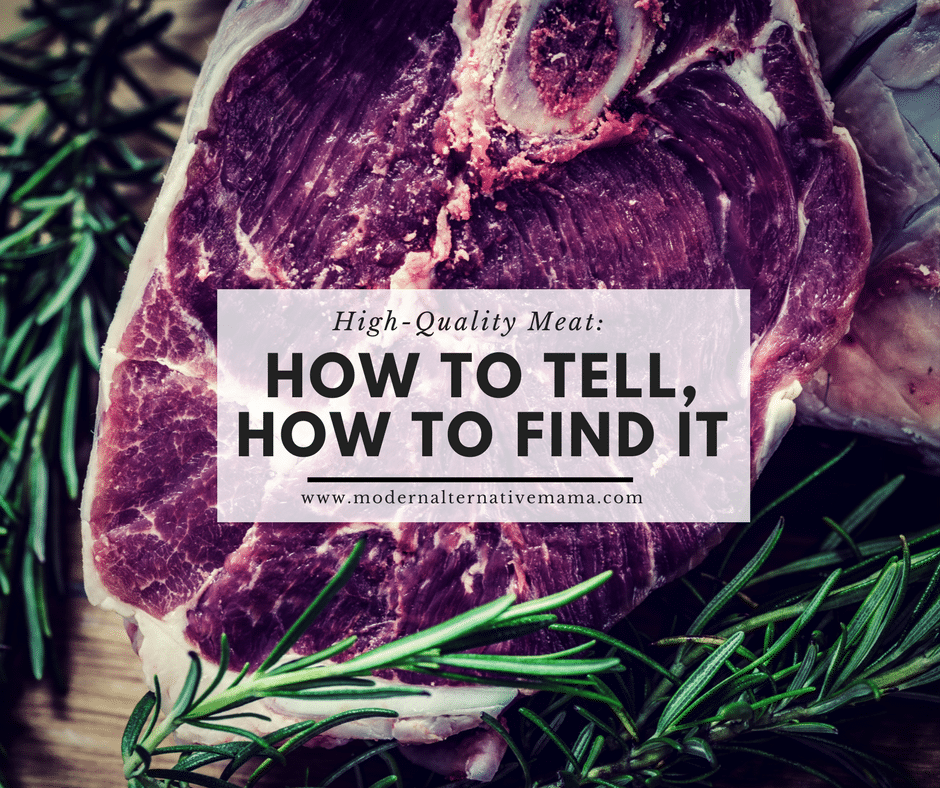

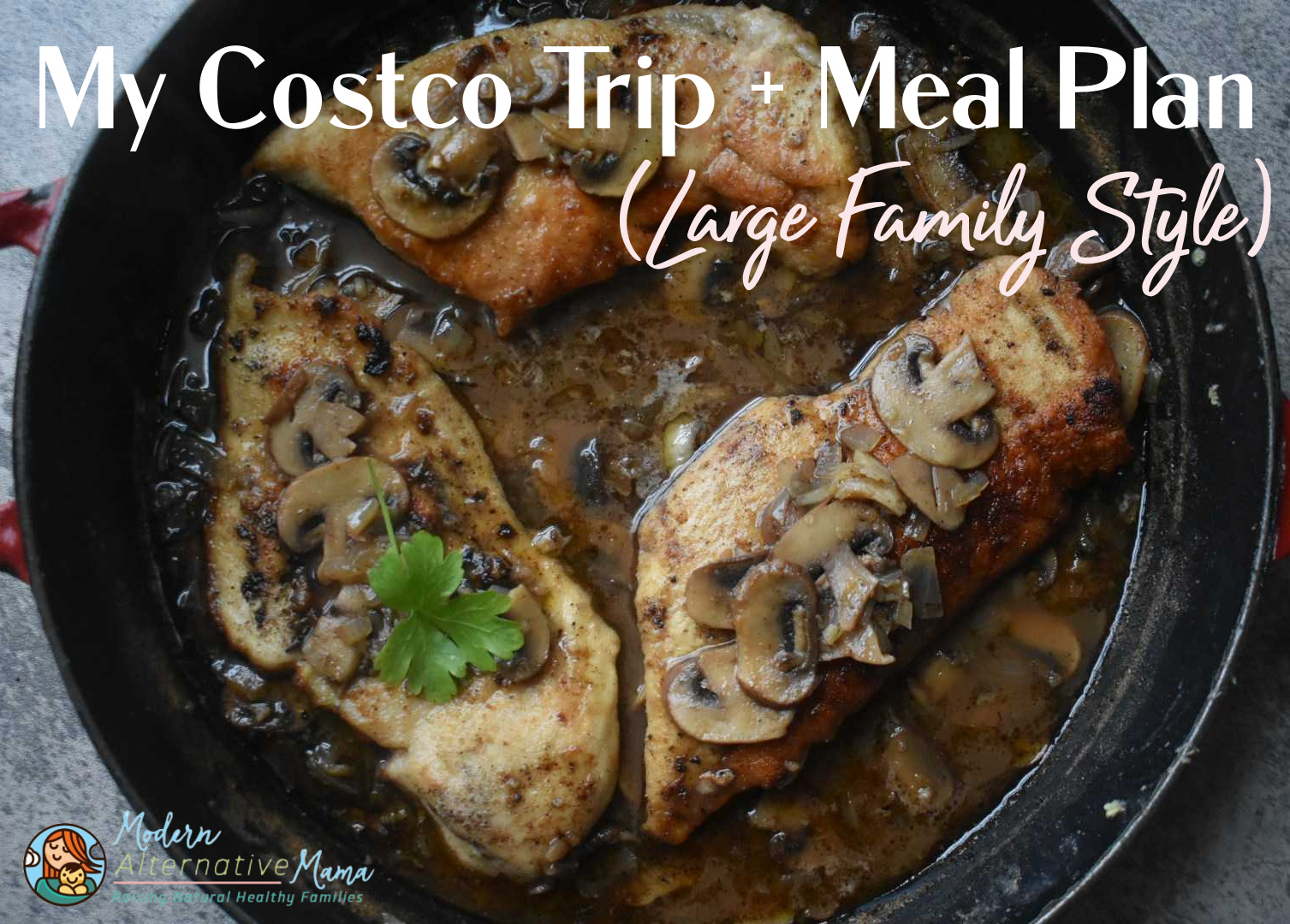
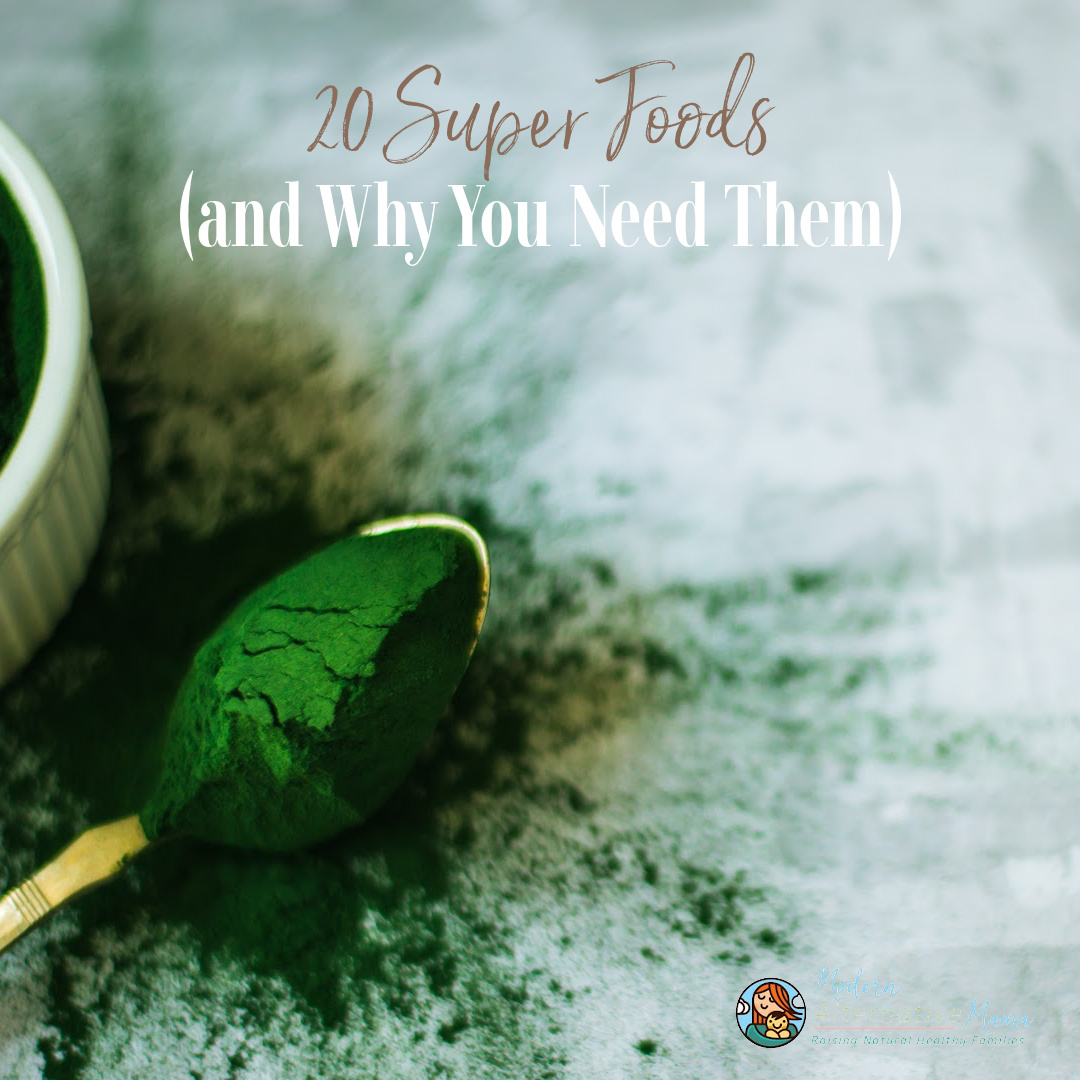
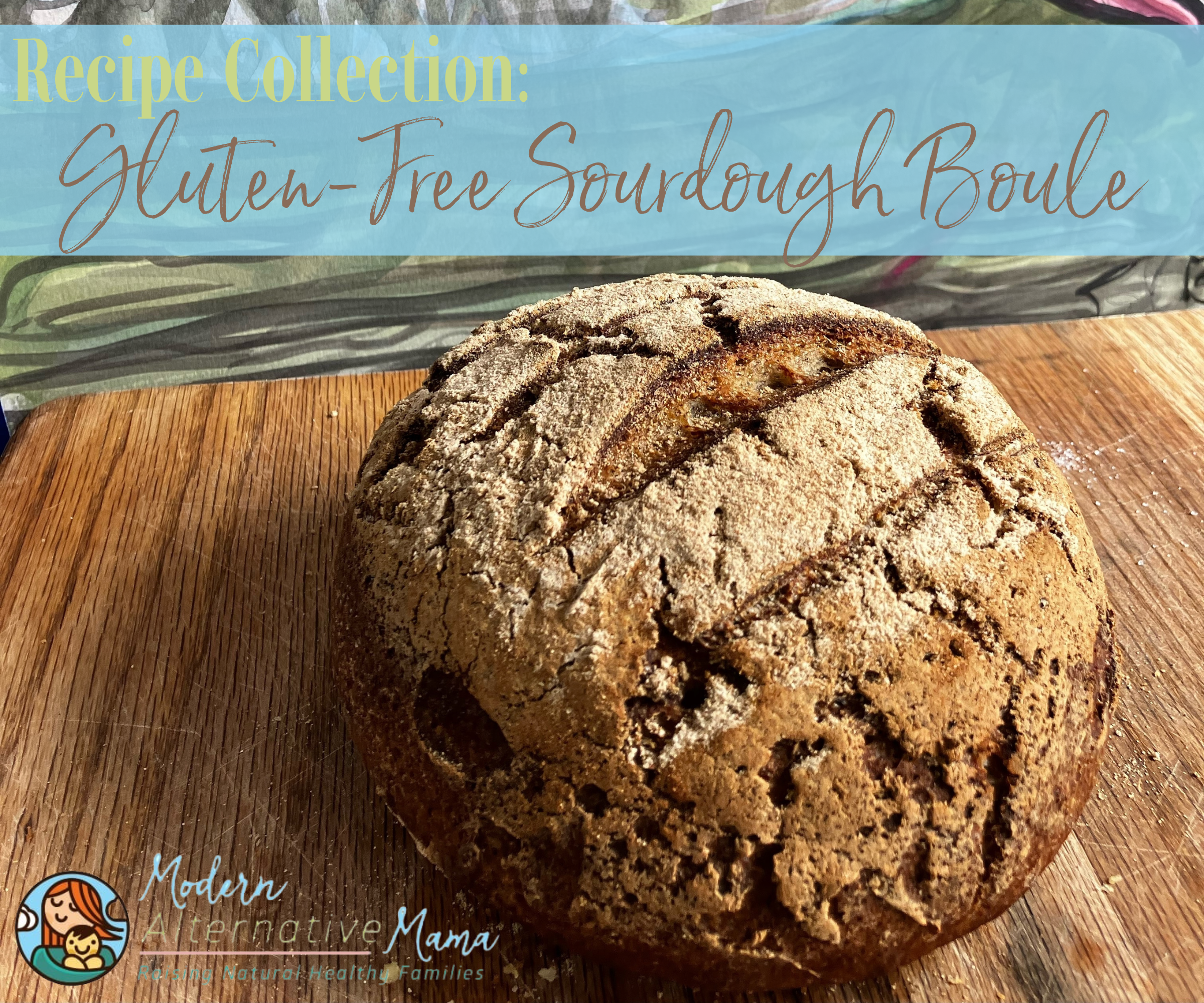
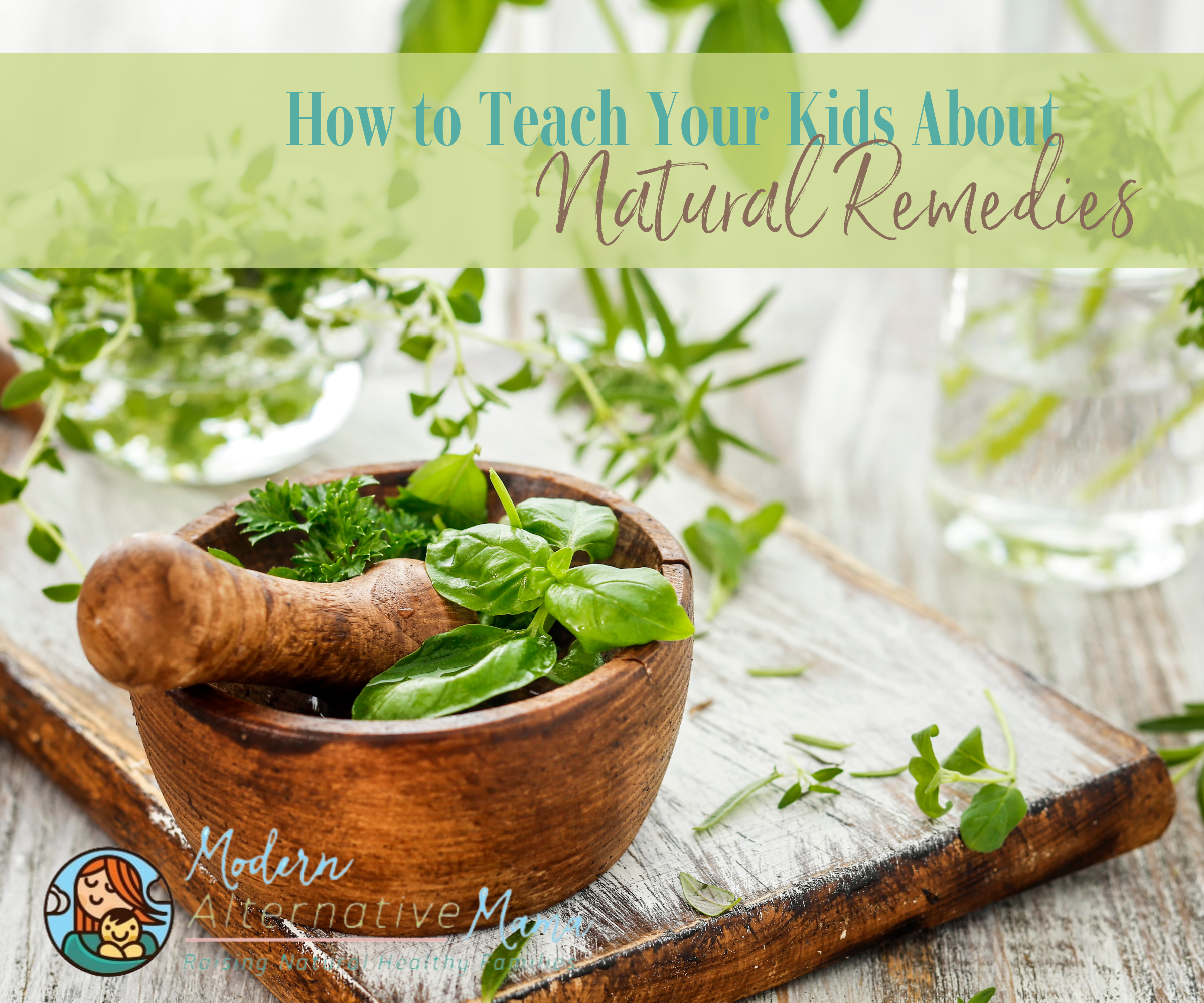

I am so excited. In a couple weeks, we'll be getting our first 1/2 of a 1/2 of a grassfed cow. It's hanging right now. Thanks for the link and book; I'll check into it because I have noticed it cooks up differently.
To get really good, locally produced meat from a farmer you can get to know you need to be prepared to buy in larger quantities than most of us are used to. For a farmer to sell specific cuts of meat he/she has to have the animal processed at a USDA certified processing facility and meet a host of retail regulations. This is cost prohibitave for most small animal opperations. They don't raise enough animals to meet the cost of facilities, licences, etc. They also can't aforde the "waste" of meat that results from everyone wanting steak and no one wanting stew meat. For beef a 1/4 is usually the smallest quantity a small farmer will sell. For a standard beef that that could be 200 lbs of meat. Learning to cook quality meat is important. Learning to cook cuts you may not have ever tried is also important. Having freezer space and/or friends to share with is absolutly key.
I get my beef from my CSA farm, who carries it for a local grass-fed beef farmer. It is fantastic. My friend, who is a photographer, was recently visiting us and every time she took pictures of us, or my son, she said "say grass-fed beef!!" 🙂 I think she was "making fun of me"…until she actually had it. She said it definitely tasted better. That, and my non-high-fructose-bearing-ketchup. :o)
Alan,
Thanks for the feedback. I did not know that was true in some areas.
In our area we are lucky; we have several farmers that do sell by the cut. And actually, most people seem to want ground beef or stew meat, and NOT the steaks! I guess our area is weird. 🙂 But you will get FAR better prices if you do buy part of a cow. Good steaks can cost up to $20/lb if you find them individually packaged! We're actually planning to buy a whole cow (yes, WHOLE cow) in about three weeks, and we'll be paying only about $3/lb. including processing for all of that meat, including steaks!
We have been loving "your" farmer's meat, Kate, and one of these days hope to go in on 1/4 or 1/2 a cow. Any idea on when that typically happens? Do we just contact the farmer and ask him?
I wanted to comment to the portion about the farmer's typically being proud to answer your questions. After reading this the other day, I actually emailed the owner of the farm where the grass-fed beef comes from. I knew they were grass-fed, but I wanted more particulars. Were they grass fed all the time? or ever given hay/grain? etc. Anyway, he emailed me back the very next day, with way more info than I asked for, offered for me to come out to see the farm, and even attached some sheets on cooking grass-fed beef & steak. He already had my business, but that email and his obvious passion for what he did and the way he responded to me, completely sealed my loyalty. And, by the way, his responses were better than I expected. The cows are 100% grass-fed and are only in a pasture for 2-3 days before being rotated to another. They won't revisit that pasture again for 2-3 weeks. 🙂
Just wanted to share and agree with you that most are more-than-willing to share their methods & techniques.
Lindsey,
I know he is sending cows in January. He sends in at least one every month. If you email him (I can send you his email if you need it), you can get on a list and probably get one in the next couple of months.
An important issue that I’ve come across recently in sourcing poultry and pork is what they are fed. I’m surrounded by local farms and all but 1 farm uses soy in their feed of pastured pork and poultry. Soy has a host of issues and I personally have concern with eating high amounts of meat that is fed soy. I’m hearing farmers justify this practice and price is a huge factor.
I appreciate the way you asked the questions and gave the best answer. That makes it very clear!
Good helpful info, but unfortunately, until the price of high quality meat decreases significantly, it is simply still out of budget for many of us. We are constantly shifting costs to allow more money for food to support the kids’ ravenous appetites. We also are eating fewer refined carbs/high glycemic index foods and have increased protein, fat, and produce intake, which means more money needed for food. I have lost 12 lbs so far and dropped my A1C/blood sugar levels back to normal thanks to the diet change 🙂 Carbs are still pretty cheap but we are buying fewer of those. Produce, higher fat dairy, and meats are pricier than carbs, plus we are buying MORE of those items.
If money were no object, I would definitely buy high quality meats! No matter what the source, (organic, grassfed, non GMO, etc.) these meats are 2-4 times the cost of “regular” meats. I buy all our meat at Costco because it absolutely the least expensive per pound than anywhere else (and I generally buy whatever is cheapest when I am there). Plus it is the only place where I can find a meal’s worth of boneless skinless chicken breasts cheaper than a whole chicken! We have so much waste with a whole chicken that I feel guilty, so we use BSCB instead (no one will eat the dark meat and we all have bone aversions… I can’t even watch the Thansgiving turkey being carved without gagging…seriously. So no simmering bones for broth around here, even if I had the extra crock pot to do it :).
And I really did look into buying part of a pastured grass fed cow. I calculated our current typical meat usage (beef, chicken, pork, turkey) per year and compared to the cost of the partial cow… that 1/2 cow was $600 more than our entire yearly meat budget!
Sorry so wordy… just sharing my experiences and why I don’t buy high quality meats (yet 🙂
Antibiotics- “Best answer-never.”
Anyone who tells you this is either lying, or they care more about profits than they do their animals. Even the healthiest farms see illness occasionally. This past winter, we had a calf get an infection in his kneecap, which travelled from his umbilical cord site. It’s common enough and treatable with anitbiotics. It certainly isn’t gun or cheap, but we weren’t about to let the little guy suffer for the “no antibiotics ever” movement. Another common issue farmers can run into is mastitis (just like humans). We have a variety of methods to treat the symptoms, including antibiotics. It clears the issue up with minimum suffering to the animal and ensures successful nursing continues. The organic dairy farm down the road from us actually takes a bundle of herbs and puts it in the cow’s vagina. This doesn’t work, the animal suffers, and usually ends up getting antibiotics, which requires the farm to sell her since she can no longer be used for organic farming. To me, that’s just cruel and uncessesary.
I can agree with some of Kate’s advice: talk to your farmer. Ask us why, in the middle of winter in Wisconsin, we might see the need to feed corn silage to our animals. Ask us how expensive antibiotics can be, and how we avoid using them unless the animal’s welfare depends on it. Ask us about the VERY STRICT withdrawl laws in place that prevent us from sending an animal to slaughter until after antibiotic withdrawl is complete and certified by a veterinarian. Ask us about the many farming methods we use to conserve resources that aren’t organic, but better. Ask us about the pesticides and herbicides we use, and how they’re often less toxic and less frequently applied than organic stuff. And ask us how much we love our animals and how hard we work to make modern farming methods work for their best interests. Stop letting bloggers tell you lies when we are very happy to tell the truth!
Thank you for pointing out that healthy meat isn’t fed animal by products. My husband loves meat. I’ll have to look into the best markets to buy our meat from.